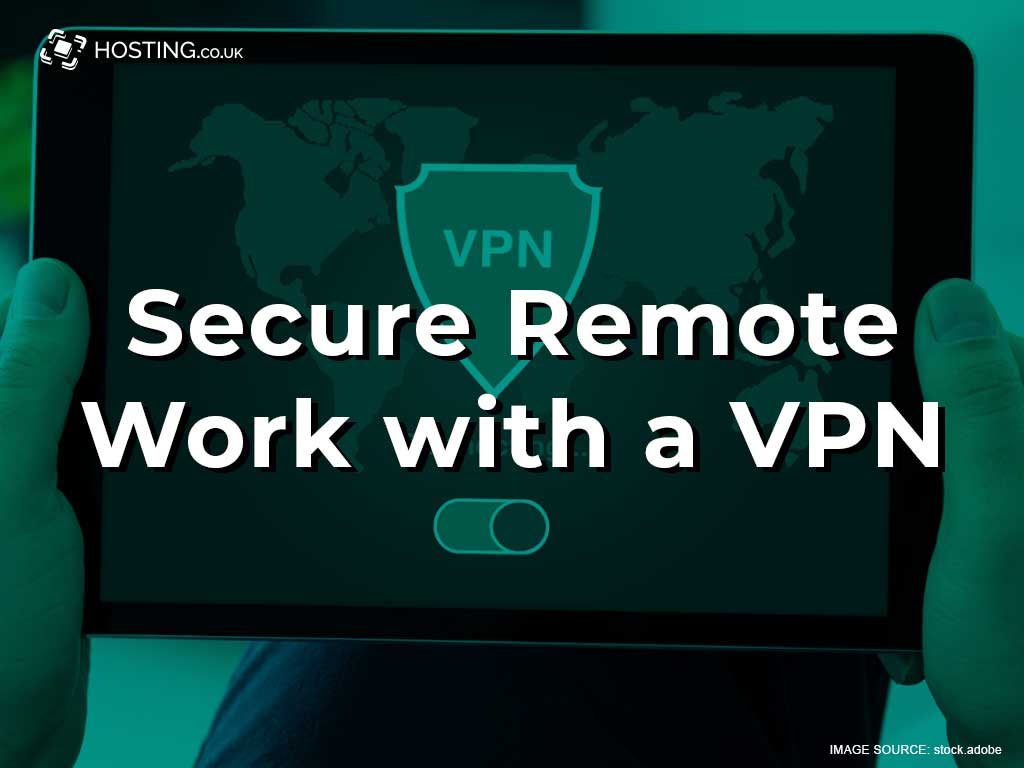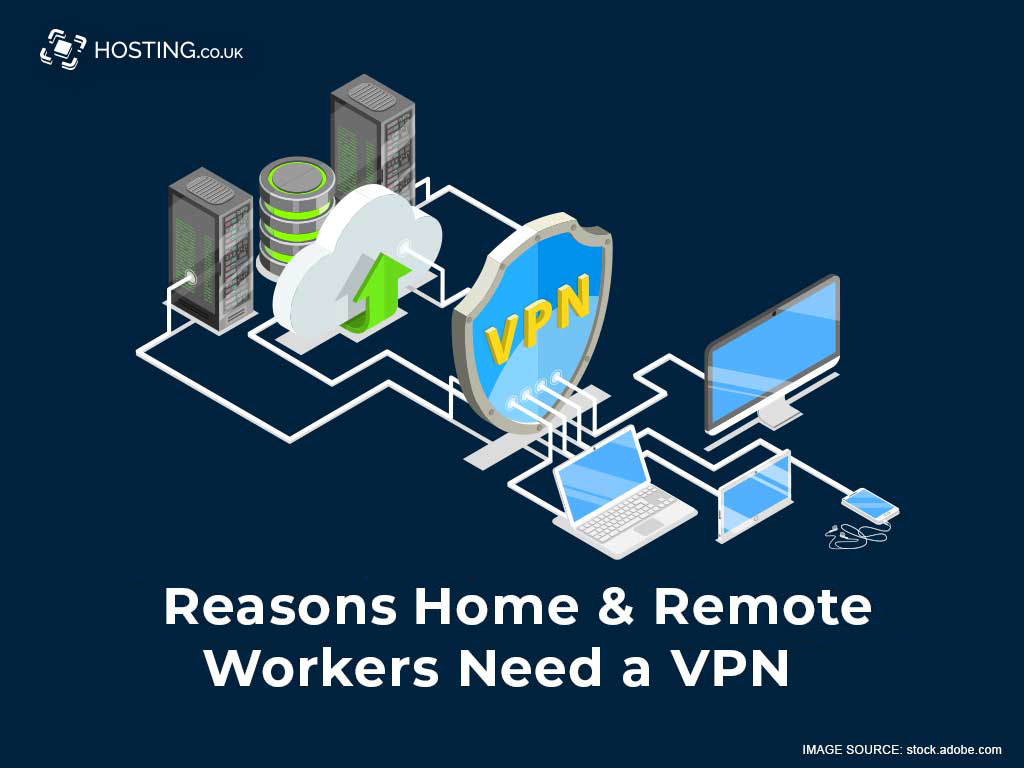You already know that cloud backup is the perfect way to make sure you always have a perfectly copy of your data – no matter what. Cloud backup clones your data before anything bad happens to it. So, if your data ever gets stolen or corrupted, you still have access to a clean version. That’s why so many companies list cloud backup as one of their top data security measures. However, since the covid19 pandemic, remote work have become such a large part of the workforce. This lead many companies to face another problem: preventing their data from being stolen in the first place.
It’s nice to have a backup of your data, but cloud backup won’t prevent other people from getting their hands on your company’s secrets. To do that, remote workers need a VPN. (And your company’s website needs VPS hosting.)
Table of Contents
What is a VPN?
A VPN (Virtual Private Network) uses technology to add a security layer to any network – both public and private. So, that remote workers can securely send and receive company data over the internet. It’s like their own personal secret version of the internet that nobody else can access.
4 reasons to use a VPN for remote work
1. VPNs increase productivity
Your most productive workers are also the ones who are most likely to follow your company’s rules to the letter. For instance, if your company’s IT policy states that employees are not to use public Wi-Fi to access company information, you can count on your most conscientious employees not to do that. But this leads to a loss of countless potential work hours.
Do you know what’s better than banning your employees from using public Wi-Fi? Giving them a secret weapon that turns any public Wi-Fi into private Wi-Fi – which is exactly what they’ll be able to do with a VPN. With a VPN, remote workers can truly work anywhere – on the train, in a hotel room, or in a café – and your most productive workers can keep putting out consistently prolific, high-level work.
2. VPNs allow employees to connect securely while doing remote work
With a VPN, remote workers will be able to use remote access software to connect to their work computer. This requires a bit of setup from your IT department, but once the connection’s been established, your team will be able to access their trusty work computers without being at work!
3. VPNs protect against a wide range of cyber-attacks
When your remote workers connect to your network from outside the safety of their work computer, they’ll have to battle the particular vulnerabilities of each network they encounter, unless they have a VPN.
VPNs protect against a wide range of attacks, but their specialty is protecting against packet sniffing and man-in-the-middle attacks.
Packet sniffing is a kind of cyber-attack in which someone lurks on a local network, watching the traffic and stealing unencrypted data. This includes sensitive company data like login information. With this information, the hacker can gain access to your most sensitive data and leak it to whoever will pay the highest price.
Man-in-the-middle attacks involve the creation of a fake Wi-Fi portal that lures remote workers into logging in and hunkering down to do some important company business – which the hacker will then steal.
Short of avoiding all public Wi-Fi, the only way to prevent these attacks is to use a VPN.
4. VPNs help your employees access location-specific data
Have you ever tried watching a video, only to receive a message saying the content isn’t available in your country? Imagine having this happen to one of your remote workers when they visit an important website for business or when quarantined outside of the country. Not good.
A crucial part of what makes VPNs more sought after than any other kind of internet security method is that they’re based in a specific country, and any traffic that passes through them appears to come from that country. So if your remote workers use a UK-based VPN, they can access all UK content. Even those geo-restricted to the UK. So, if your remote workers have to travel, a VPN is incredibly useful for keeping them connected to the team.
What to look for in a VPN?

There are many VPNs on the market, but all VPNs are not created equal. To find the best VPN for your remote workers, look for one with these qualities:
- 24/7 support: This way, if anything goes wrong, you’ll always be able to get in touch with someone who can help.
- Stealth VPN mode: Some websites don’t allow you to access them if they sense you’re using a VPN, so get a VPN that can outsmart even the most forbidding sites.
- High-speed connection: You don’t want your remote workers to work more slowly just because they’re using a VPN. (This might tempt them to turn it off, so they can get more work done.) So, choose a VPN with a high-speed connection.
Wrapping up
A VPN is the best way for remote workers to stay safe on the internet. Look for one with 24/7 support, stealth mode, and a high-speed connection to help your team work safely and comfortably.
